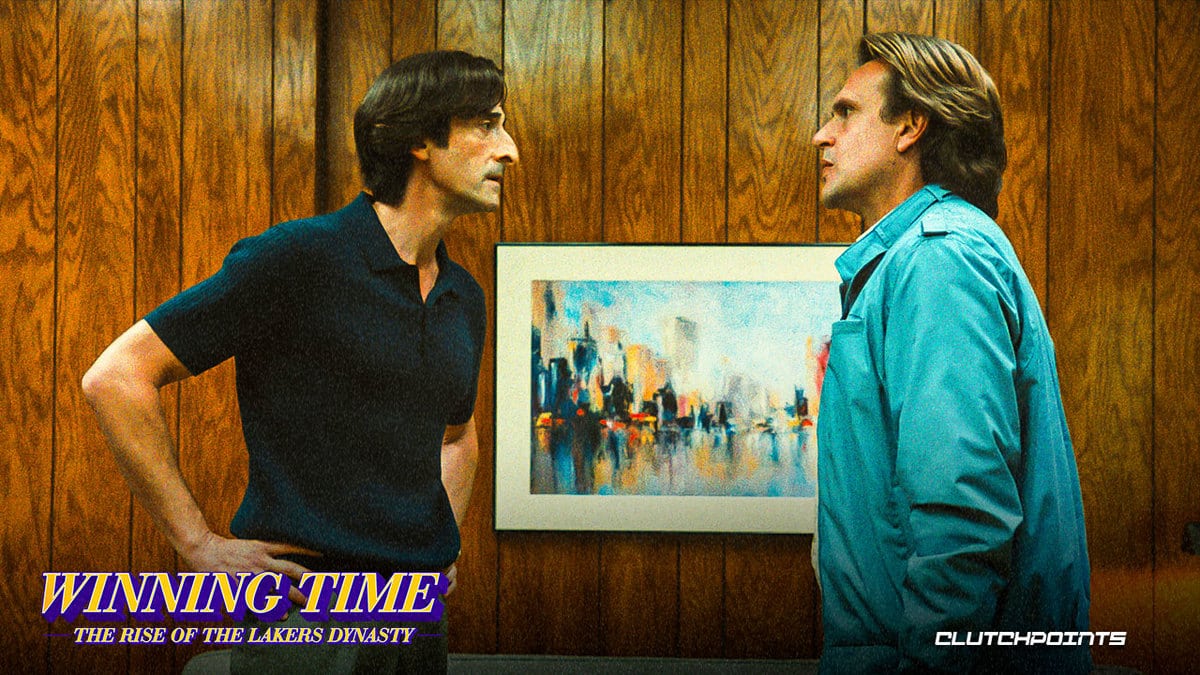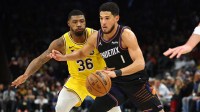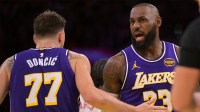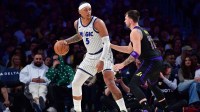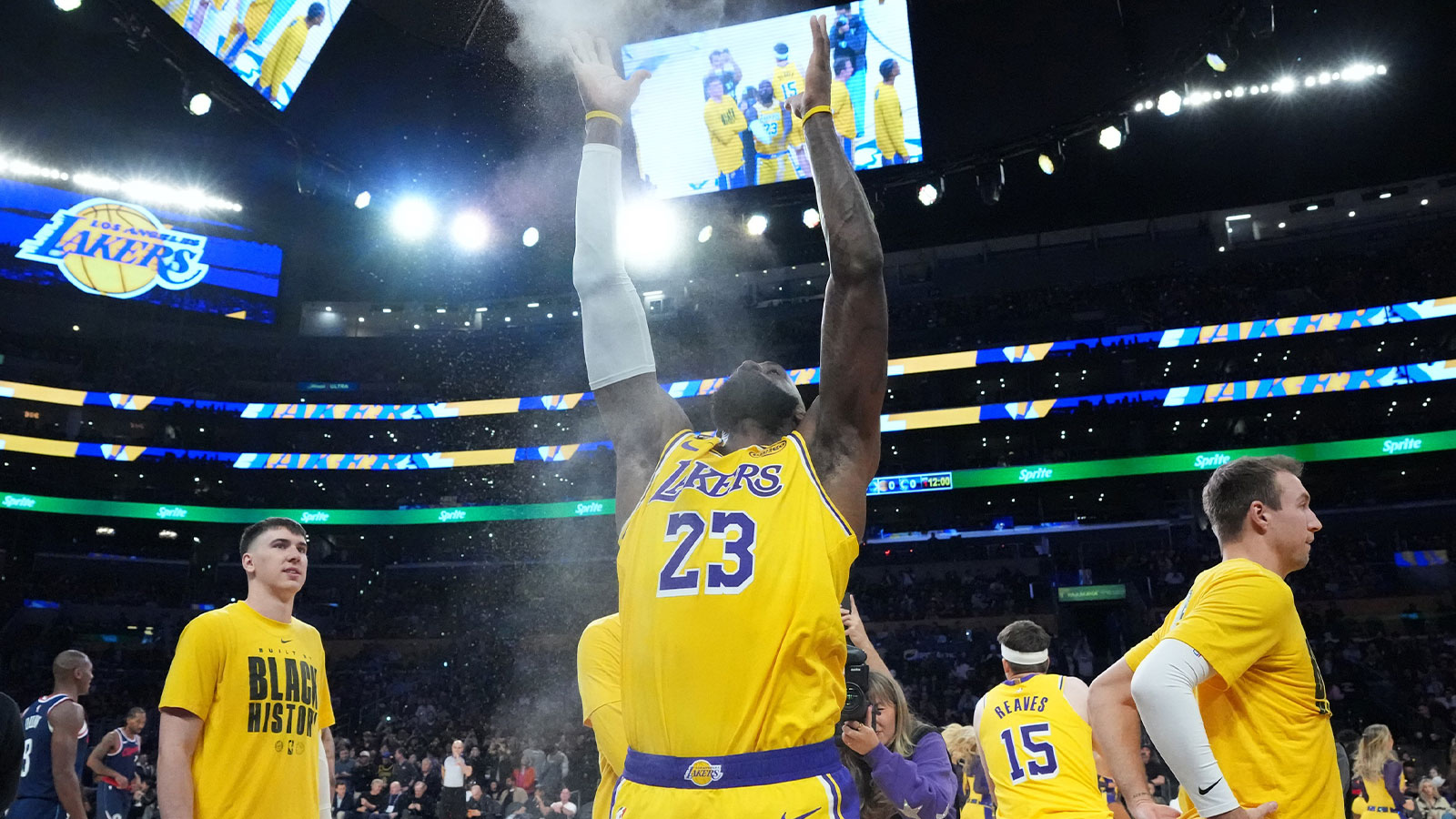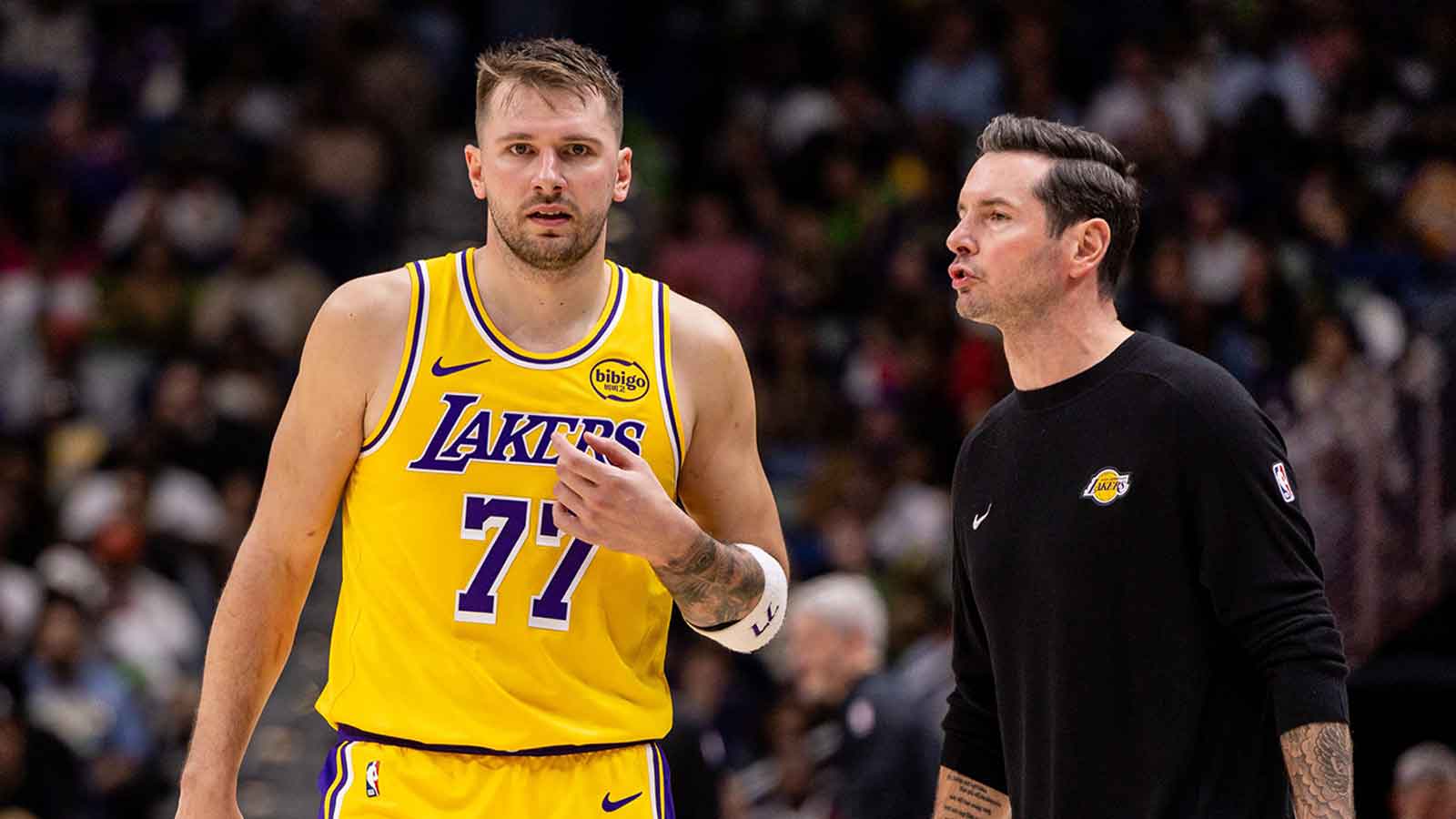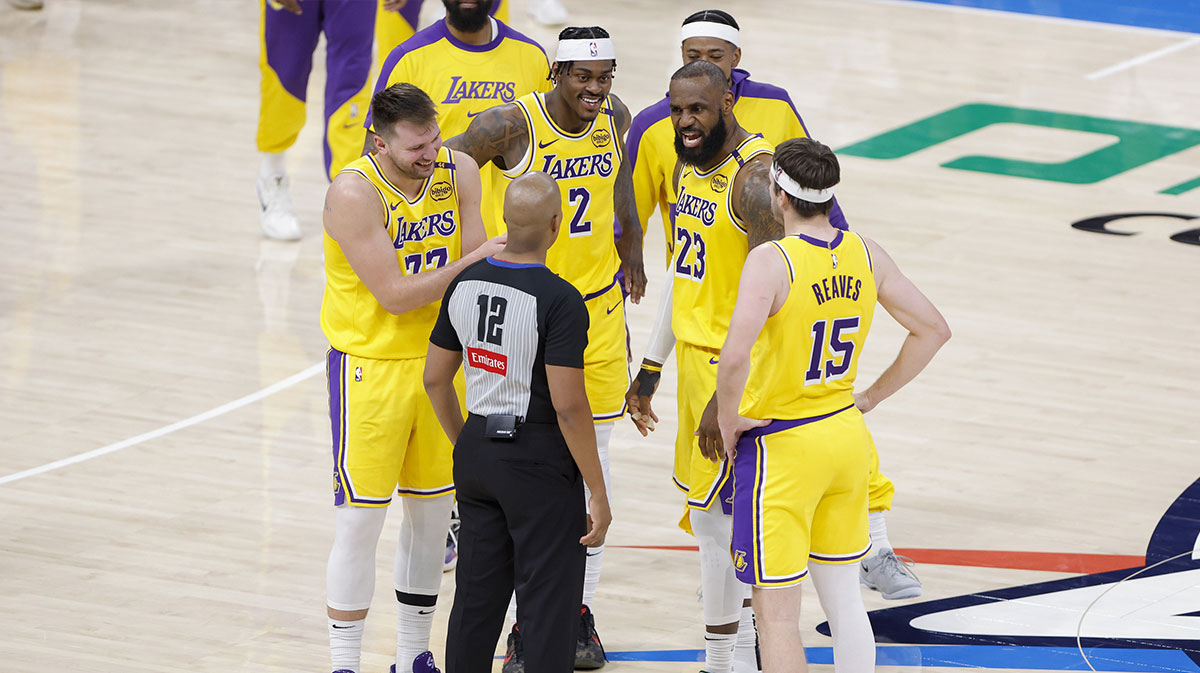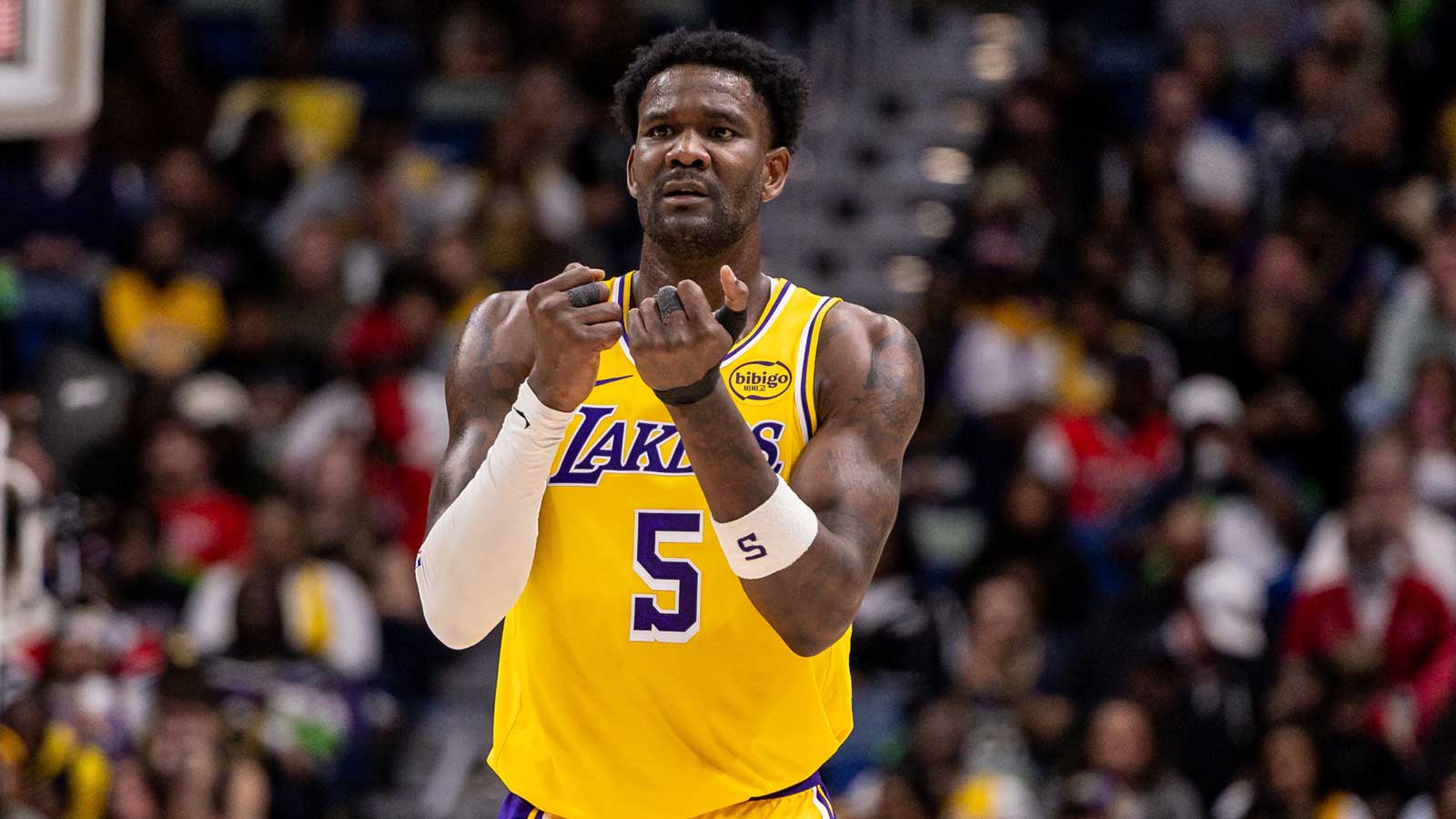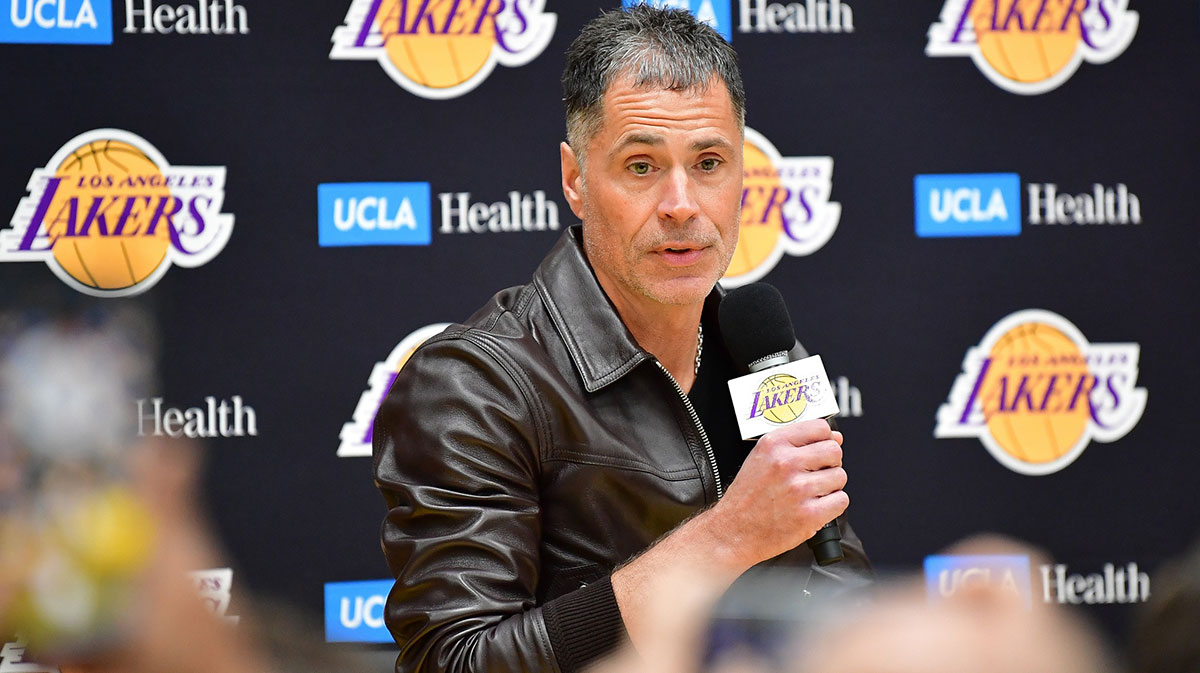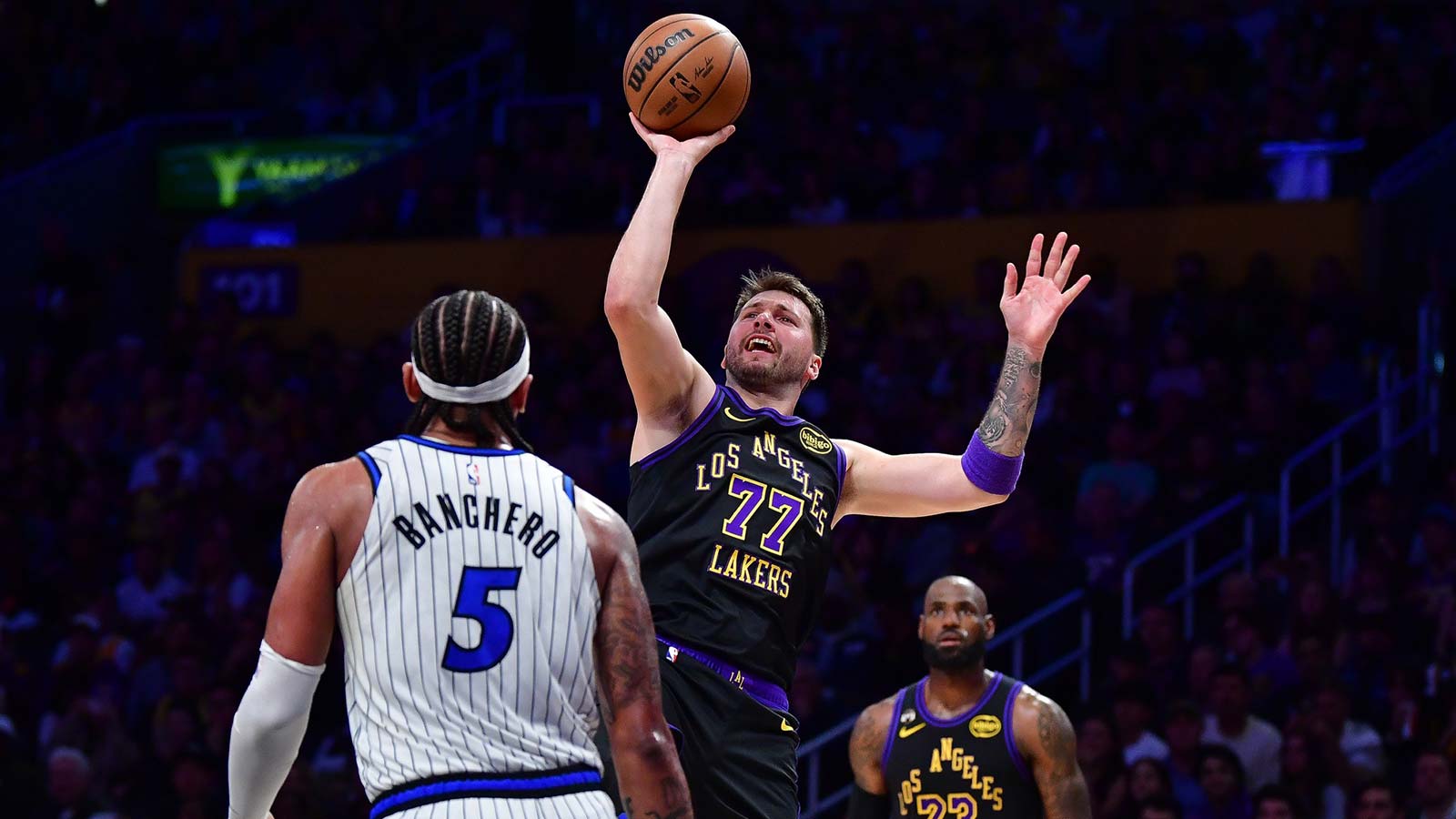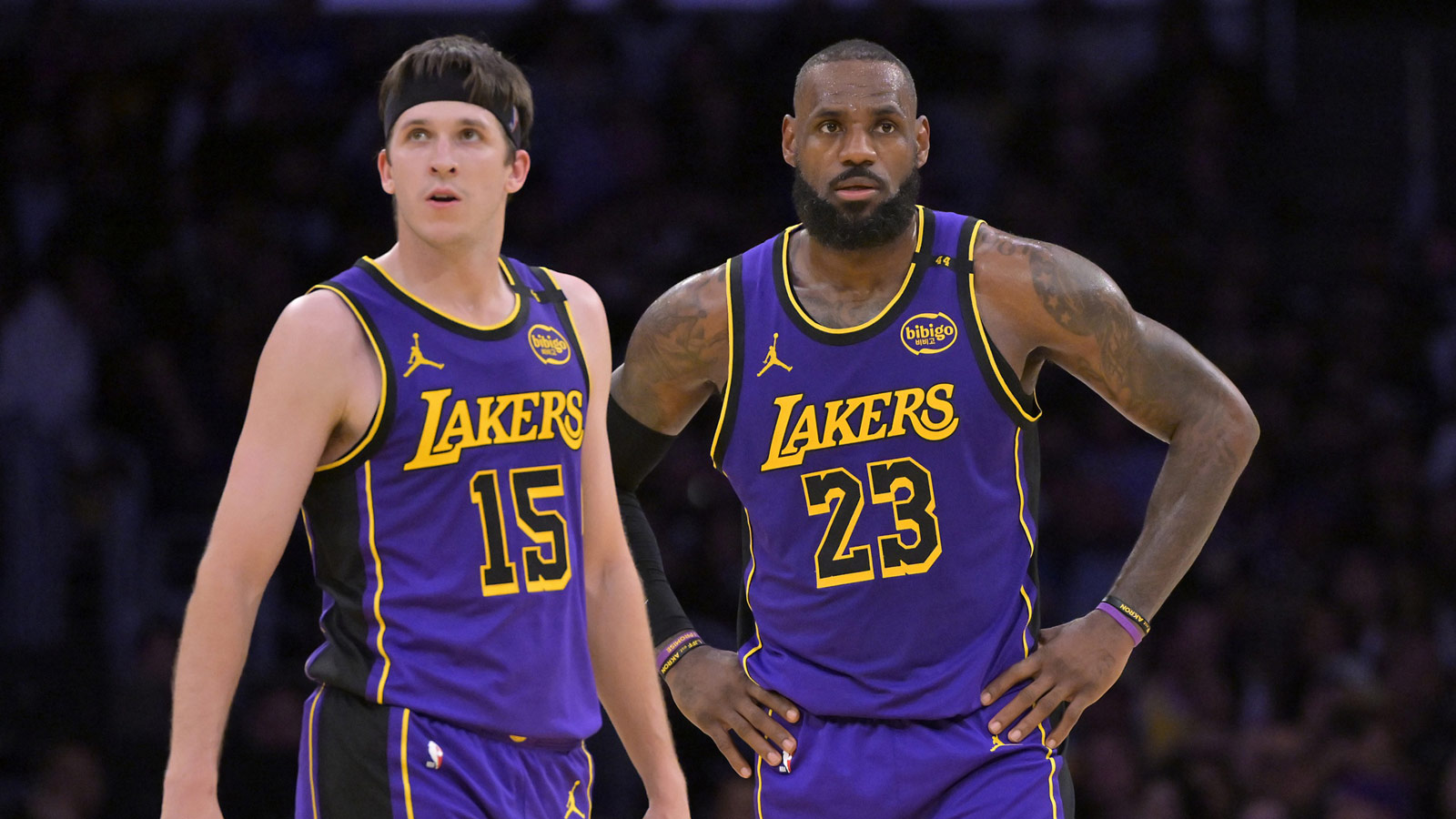The creative team behind season two of MAX's “Winning Time: Rise of the Lakers Dynasty” compiled a companion guide outlining the historical accuracy of each episode, which they provided to ClutchPoints' Lakers reporter.
“We felt it important to show our work out of respect for the many living characters depicted,” the creators wrote in a letter attached to the guide. (Episodes begin with a disclaimer: “This series is a dramatization of certain facts and events. Some of the names have been changed and some of the events and characters have been fictionalized, modified or composited for dramatic purposes.”)
Episode two, “The Magic is Back”, ran through the 1980-81 season, during which the Lakers' chemistry — amongst players, coaches, and management — begins to unravel, culminating in a disastrous first-round exit.
Here's what went down in episode three, “The Second Coming”, and how it represents what actually happened.
“Winning Time”: Season Two, Episode Three
The episode opens with Dr. Jerry Buss on the phone with Magic Johnson as they watch the Boston Celtics pop champagne after winning the 1981 NBA Championship. Buss is in his underwear and enraged while Magic coolly smiles at the prospect of a budding rivalry.
Later on, we see Buss meeting with players, coaches, and executives to glean what went wrong. Nearly every individual is on a different wavelength, although it's evident that the enlarging egos of Magic and head coach Paul Westhead are rubbing folks the wrong way.
Buss was, in fact, deeply incensed by the Lakers' flameout coupled with the Celtics' triumph. Following up a title with a first-round loss was unacceptable, and the status quo wouldn't cut it. In his memoir, Westhead wrote that Buss, who “was so frightened of being labeled a fool” and looking like a “buffoon”, made a late-night call to the vacationing coach and essentially mandated the Lakers raise a banner in '82 — and do so convincingly and entertainingly. (Red Auerbach apparently embarrassed Buss at the owner’s meetings that summer — a scene the show dramatized in the season premiere). As the episode gets underway, it's clear that this particular offseason will be critical for everybody involved.
The story flashbacks to French Lick, Indiana, where Larry Bird is getting up shots. His dad's instability is touched on, and Bird is soon informed that he committed suicide (this is, of course, tragically true to life).
We next see Bird, in jeans, balling out in a pick-up game while being scouted by a tantalized Bill Hodges, head coach at nearby Indiana State (the year before, Bird had briefly attended Indiana University to play for Bobby Knight but dropped out before playing a game). Hodges, who did aggressively recruit Bird in real life, pleads with him to attend a Sycamores practice.
As entertainingly and truthfully depicted, Bird shows up to campus…in jeans. He declines sneakers and shorts, wipes the floor with the varsity team, and talks a lot of smack while doing so. He would enroll at ISU for the next fall.
The French Lick arc culminates with Auerbach making a house call to secure Bird's commitment to the Celtics. The scene summarizes how things played out in 1979. During those days, players became eligible for the NBA Draft once they were four years removed from high school. Because Bird tossed off a year following his IU departure, the Celtics were allowed to take him No. 6 overall in 1978 and retain his rights through one more college season. However, Bird was motivated to return to college after losing to Magic in the natty. Auerbach entered heated negotiations with Bird’s agent, during which he told Sports Illustrated that Bird was “just a cornerman” who couldn’t be the centerpiece of a contender. In the show, Auerbach admits he made the comment to a peeved Bird. “That's right — least important of the three major positions. Center, fast guards, then a cornerman.” He clarifies, though, that the greatest cornerman in history would mark an exception. Ultimately, Auerbach sells Bird on Boston's blue-collar nature, the franchise's winning tradition, and the likelihood that he'd end up being picked after Magic if he re-entered the draft.
Back in Los Angeles, the Lakers are trying to revamp the roster. Westhead wants to target power forward Mitch Kupchak, but West thinks he's too pricey ($800,000 per year) and a questionable stylistic fit. (“A big, pasty Tonka truck, playing like a f**king hockey goon,” he says.) Westhead, clamoring for decision-making power, puts his foot down and gets the greenlight from West and Buss. (The pressure's on Westhead, who, as shown in the previous episode, shot down a deal for David Thompson.)
Consequently, the Lakers were forced to trade Jim Chones, a key backup big and a popular teammate. “I cursed that motherfucker up and down,” Chones recalled to the “Winning Time” creators about his reaction towards Westhead when hearing the news. In the show, Westhead hides in his office during Chones' raw tirade.
Westhead would write that Buss long remained upset about the Chones' departure, as the Lakers’ struggled to fill the backup center role. It didn’t help that Kupchak suffered a brutal knee injury 26 games into the season (at which point West began mentoring the future general manager).
In the episode, Westhead blindsides the staff, especially Pat Riley, with the announcement that he hired an old colleague, Mike Thibault, to serve as an assistant/scout — and help him secure intel to combat West's roster control — and already had Thibault scouting Kupchak. West isn't happy about this, and, in real life, went on to criticize basically everything Thibault did for the next year.
Westhead’s intensifying friction with Riley is portrayed in numerous moments, and it's true that the once-close friends were beginning to clash. Internally, Riley questioned Westhead’s leadership and offensive system, according to Jeff Pearlman's source text. (Riley unconvincingly assures Buss that Westhead still has the team's respect). Westhead chastises Riley for overstepping his role as an assistant. “I want you to respect the pecking order!” Westhead barks. ” … The issue is perception. If people are coming to you as a voice of authority, that undermines my own.” Riley does not handle it well. Soon, the two coaches would stop eating meals together, IRL.
Finally, it is true that Dr. Buss traded his son Johnny’s girlfriend — Dianne Fromholtz, a player for Jeanie’s Los Angeles Strings — to the Indiana Loves. “You can bring him home 100 trophies, you're never going to be his favorite son,” a heartbroken Johnny cries to Jeanie, irate that she prioritized business over family). The trade netted the Strings Chris Evert, and Jeanie would soon acquire Martin Navratilova. At 19 years old, Jeanie oversaw her first sports championship.

